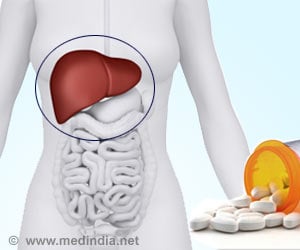Q: Which doctor treats autoimmune hepatitis?
A: Autoimmune hepatitis is treated by a hepatologist.
Q: What is the prognosis or outcome of autoimmune hepatitis?
A: Early stages of autoimmune hepatitis often have a good prognosis, with patients showing a dramatic response to corticosteroid and immunosuppressive treatments.
Q: Can the treatment with medications be stopped on the long term?
A: Medications can be stopped if the patient goes into remission, but the patient has to be carefully followed, and the medications have to be restarted if the disease reappears. Other reasons for stopping the medications could be failure of treatment or the appearance of severe side effects of the medications.
Q: Can treatment of autoimmune hepatitis continue during pregnancy?
A: Most pregnant women with autoimmune hepatitis improve during pregnancy, but may worsen following delivery. Corticosteroids can be used in the lowest dose possible in these women during pregnancy; Azathioprine has a possible risk of congenital malformations. Premature birth and fetal death has been noted in these patients. Women with advanced cirrhosis should avoid pregnancy with effective contraceptive measures.
Q: Is there any specific diet that I should follow?
A: There are no specific diet recommendations for autoimmune hepatitis. A well balanced diet will help to keep you fit and prevent obesity. Alcohol however should be avoided to prevent further liver damage.
Q: Is autoimmune hepatitis contagious?
A: No, autoimmune hepatitis is not a contagious disease.










